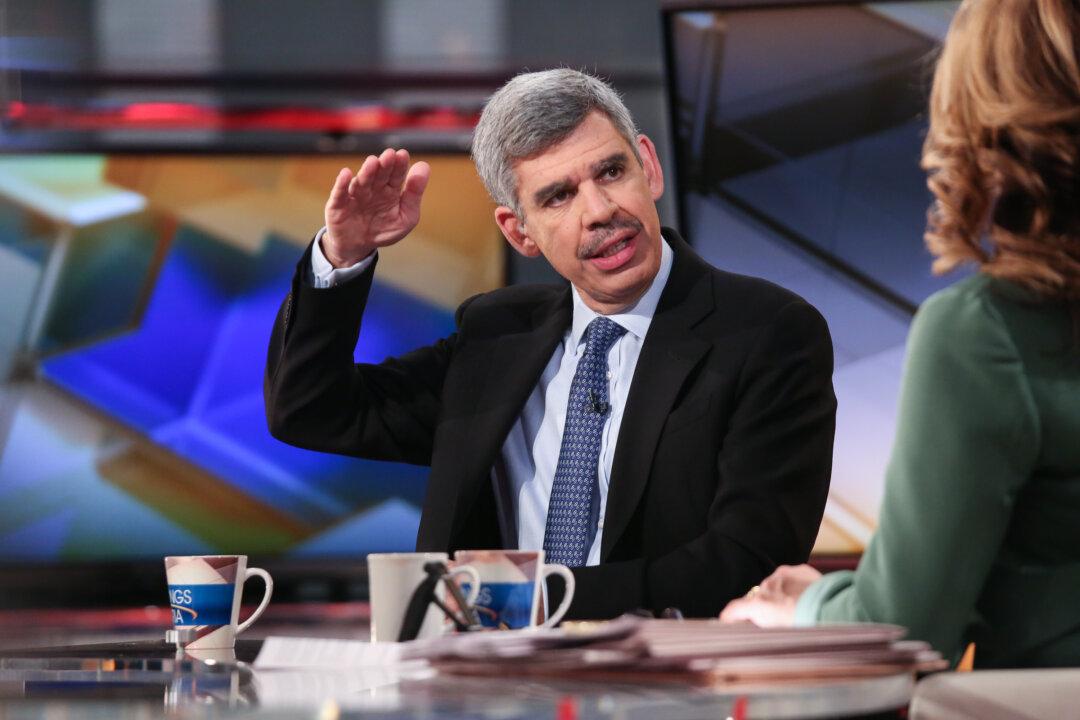A top U.S. economist issued a warning after a report Thursday showed the United States posted a second consecutive quarter of negative growth.
Gross domestic product fell at a 0.9 percent annualized rate last quarter, the federal government said. The country’s GDP contracted at a 1.6 percent pace in the first quarter.





